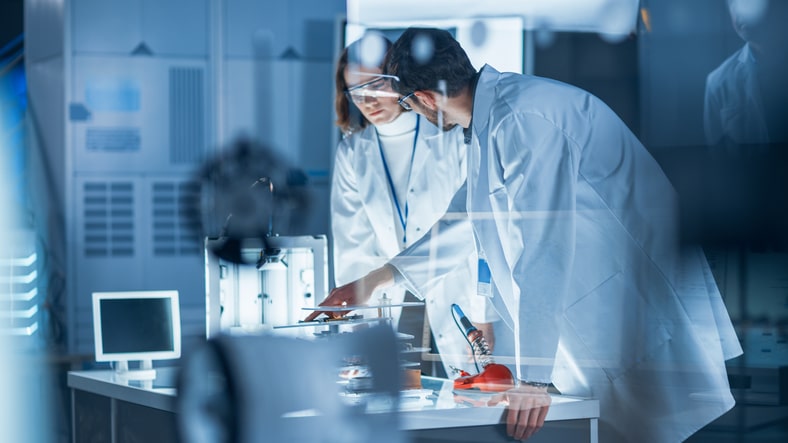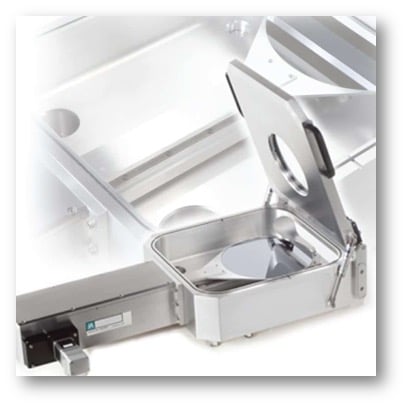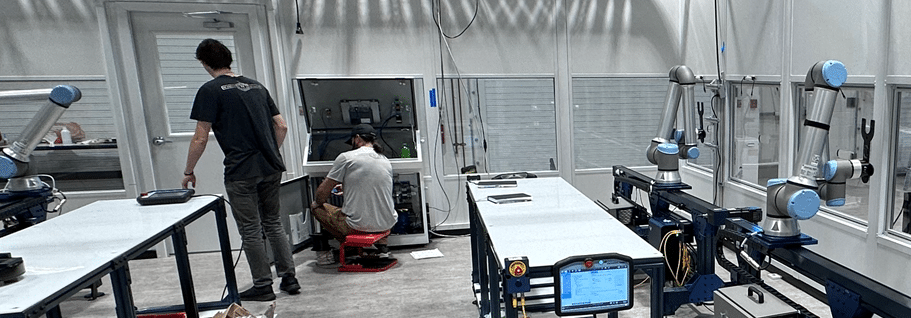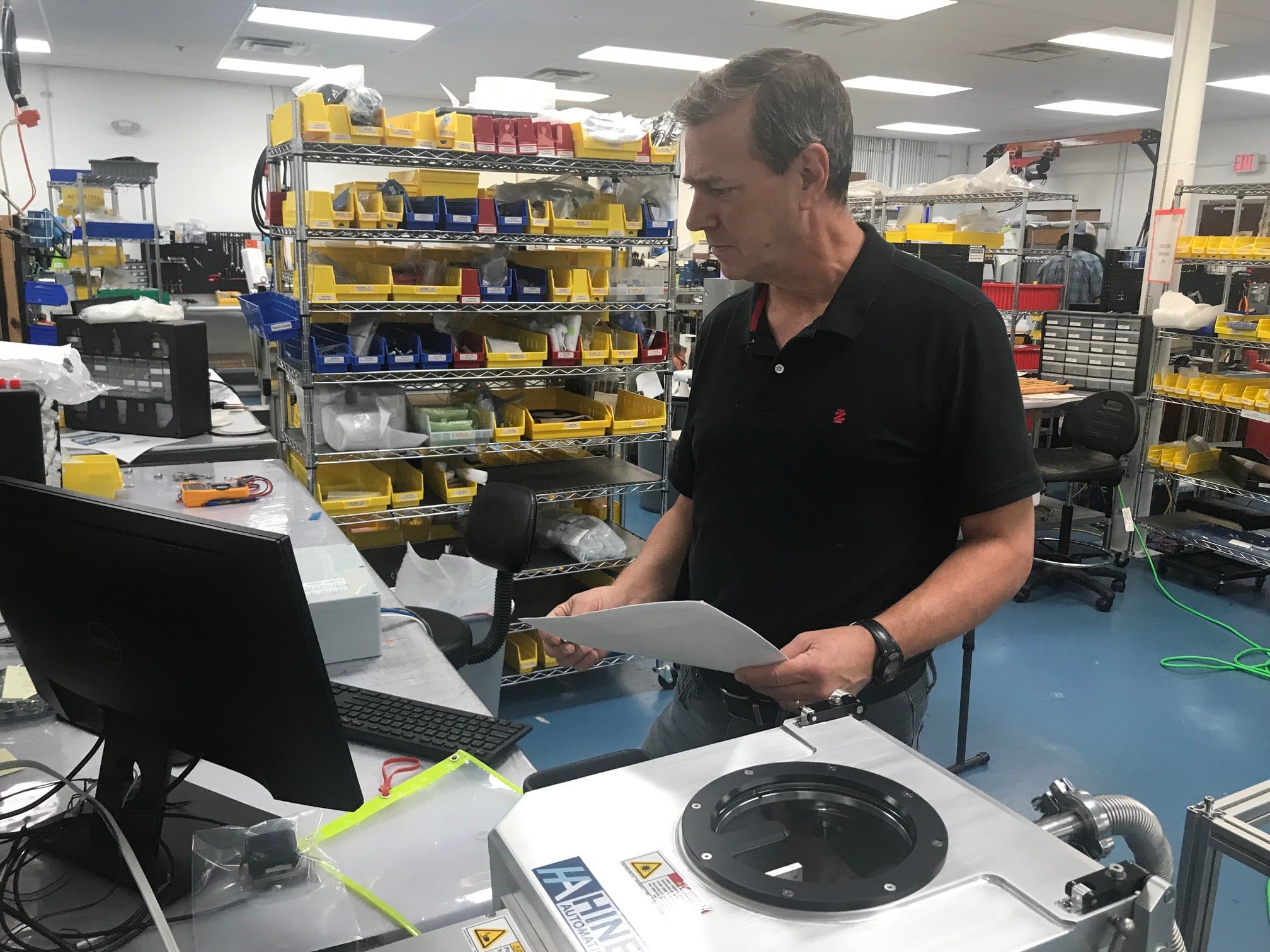Semiconductors Touch our Everyday Lives
Hine Automation Team
October 19, 2022

Technology has changed dramatically over the last few decades, and semiconductors have played a huge role in that evolution. Semiconductors form the foundation of modern electronics. They make hundreds of technological advances possible, from transistors and microchips to solar cells and LED bulbs. The semiconductor does not just provide millions of gamers with endless hours of battle on Mortal Kombat or offer teens the ability to stay connected with cell phones; it is vital to many industries. Semiconductors power almost everything in our daily lives.
When semiconductors are introduced into a conversation, microchips and computers are the first connection typically made. What about items in your home? Thanks to semiconductors, your food stays cold in the refrigerator, you do not have to wash clothes by hand, and during the summer months, your AC unit keeps your home at a comfortable temperature.
The medical field has benefited significantly from equipment advancements that enable an increase in control. Without the use of semiconductors, doctors would not be able to successfully navigate more complex and risky surgeries. Semiconductor chips direct the power and enable extreme precision with temperatures, sensors, and calculations that could never have been accomplished previously. The advancements in semiconductor technology are probably the most notable in the healthcare industry. This technology not only improves the quality of life, but also keeps those lives safe along the way.
Supporting Customers that Make a Difference
The design and manufacturing of robotic components and automation systems that Hine provides can impact the human experience in many ways. When a product leaves Hine’s manufacturing facility, it can end up in a number of applications via an original equipment manufacturer (OEM). What is not always realized is that these customers are accomplishing incredible and exciting advancements in science.
Today, patients can swallow a tiny pill that houses a camera to detect bowel cancer. Once swallowed, the pill takes five to eight hours to travel through the digestive system. During the pill’s journey, images are collected and analyzed.
Many companies are pushing the limits and looking for ways electronics can be integrated into the human body. These innovations include biodegradable sensors implanted during reparative surgery to monitor strain on tendons and muscles. The opportunities for advancements in this area seem endless. From brain implants to non-toxic, edible electronics, scientists will continue to innovate and discover applications that will ultimately improve the human experience.
Other companies innovate to support healthcare needs. With Covid still a consideration, medical professionals and other front-line workers need a continuous supply of N95 masks. One national lab here in the US is working on the development of a reusable, sterilizable respirator that could ease the demand today and during any future health crises. The metrology used to validate testing in these facilities would not be possible without the implementation of leading-edge semiconductors devices.
The innovators will always be researching and forever looking for ways to advance technology—to improve our daily lives, whether with modern conveniences or with the ability to improve our health and wellbeing. But all these possibilities would not be available without the most fundamental building block, the semiconductor.
For more information on Hine and its ability to integrate with any OEM products, contact sales@hineautomation.com.




